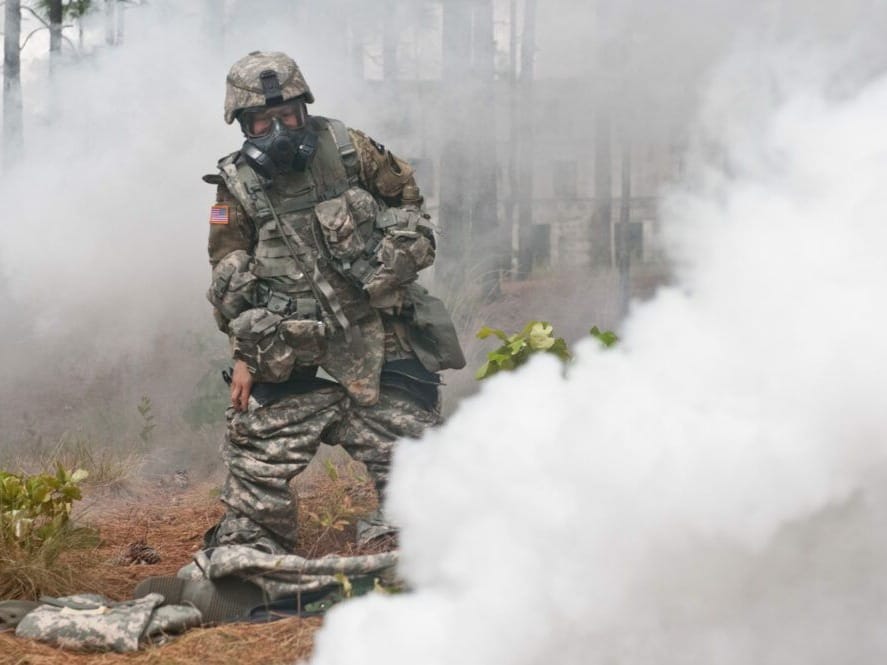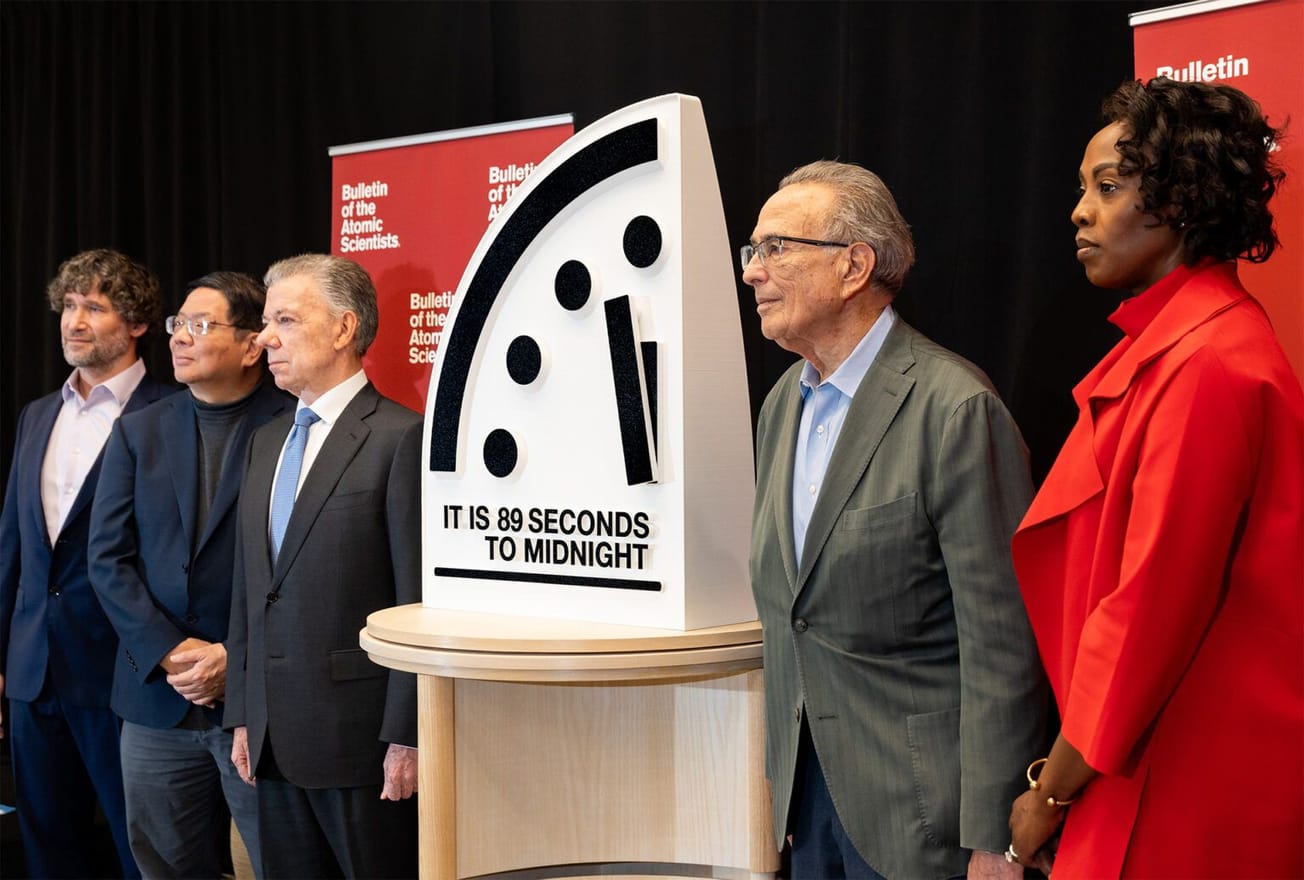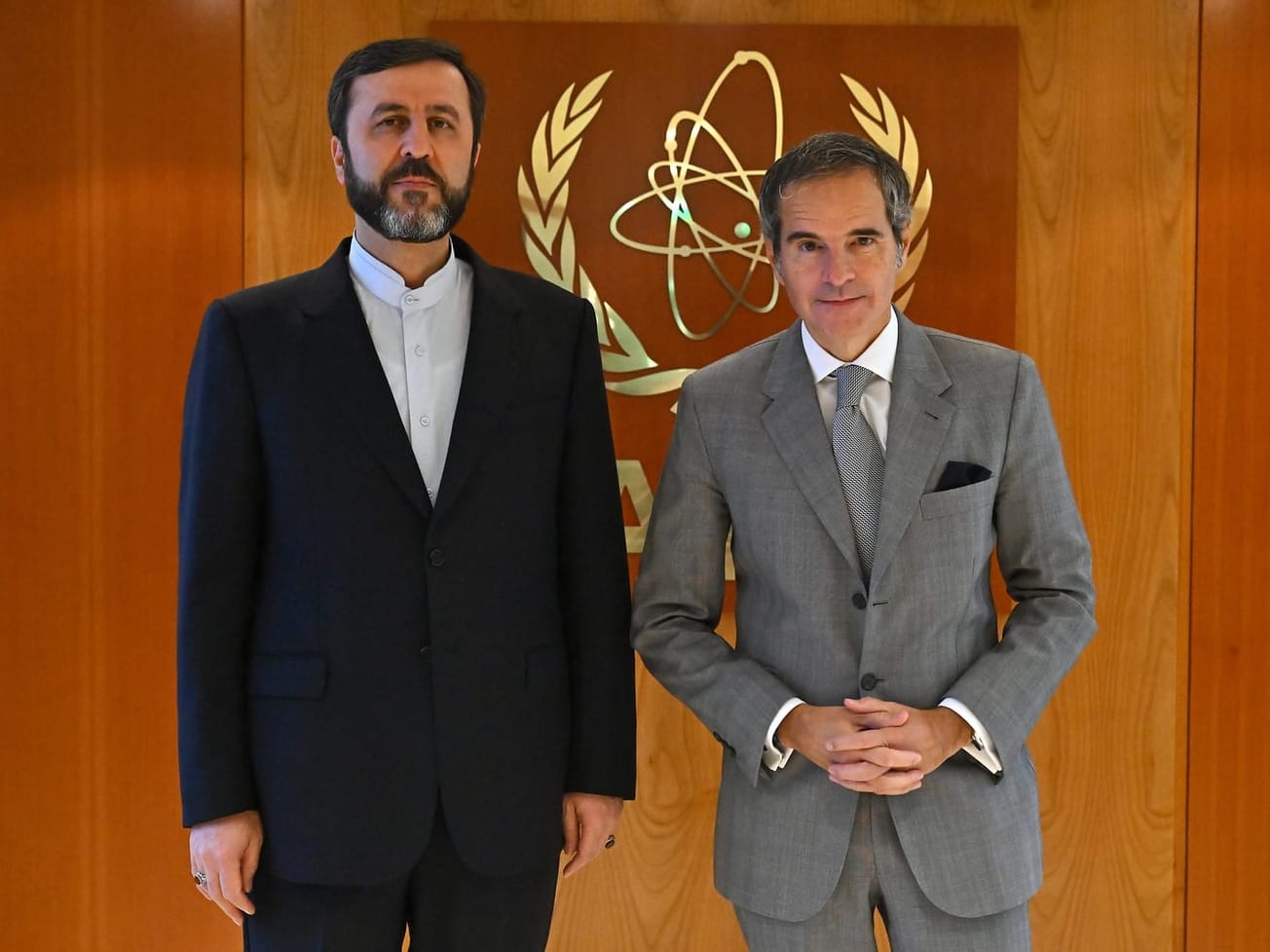The international organization that investigates chemical weapons attacks has expanded its own authority so that it can go a step further by assigning blame.
The Organization for the Prohibition of Chemical Weapons, or OPCW, added to its own powers through a 82-24 vote that exceeded the two-thirds majority needed for approval.









